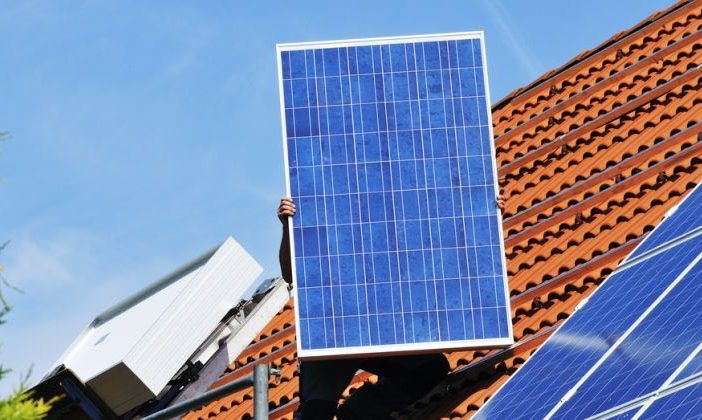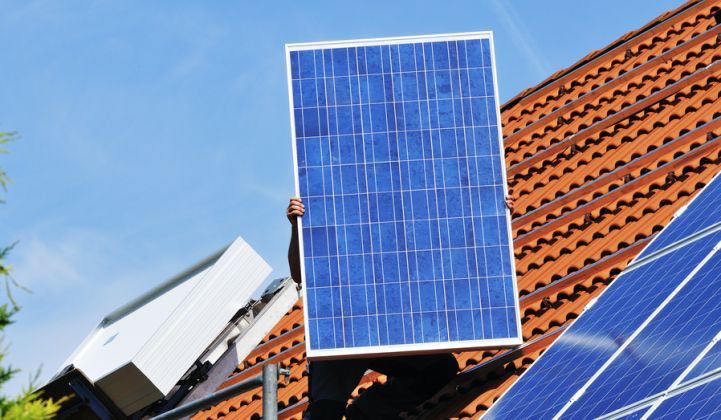
The Smart Energy Council has warned of the potentially devastating impact on South Australia’s rooftop solar industry, under the state’s plan to rush through new standards and protocols to help manage the growing share of rooftop PV.
In a statement issued on Sunday, the SEC said the state government’s “ham-fisted approach” to the new solar, battery storage and smart meter rules would lead to job losses, company closures and higher power bills.
Of particular concern is the potential fallout for solar retailers and installers, who have been left in the dark on the details of the fast-approaching changes, including the implications of new inverter standards, new wiring codes and other major changes to business-as-usual.
“New rules in South Australia have left solar retailers and installers with potentially millions of dollars’ worth of stock that they don’t know if they will be allowed to sell,” said SEC CEO John Grimes.
“Customers will be forced to pay a fee to an ‘agent’ who will remotely turn solar systems off. But nobody knows how often it will occur, who will do the job, or how much it will cost. We only know South Australians will be forced to pay.”
As RenewEconomy reported on Friday, the fast-tracking of new standards in South Australia follows the June release of a new report by the Australian Energy Market Operator and the state government which flagged major risks in the state as the share of rooftop solar grows.
AEMO’s key concern has been around what happens when the state is “islanded” by faults in the main transmission line and how it can control rooftop solar – essentially, have the capability to switch it off, en masse – to help keep the grid secure.
But the rush to achieve this goal – the new rules are set to come into force in South Australia by September 28 and will affect all PV systems installed since August 10 – and lack of transparency and communication around what they will entail, has the industry’s hackles up.
“The South Australian government should work with solar businesses, not against them. We have the solutions to fixing the energy grid’s problems in the cheapest, most efficient way,” Grimes said on Sunday.
“Energy minister Dan van Holst Pellekaan should pause, take a breath, consult with industry and get this right and if he won’t, the Premier should step in and take control.”
The SEC is the second of Australia’s peak renewables industry bodies to warn of the impact the rushed changes could have on the industry, with the Clean Energy Council last week warning that of growing “chaos and confusion” among local businesses.
“We still do not know the rules around switching customers’ systems on and off,” the CEC said in its email to members last week.
“(We still don’t know) how SA Power Networks will be involved, what equipment can be used to do it, what customers will be expected to pay for this ‘service’ and what it might mean for warranties and consumer protection.
“To make matters worse, there are no inverters approved for connection to the SA Power Networks grid after September 28. Right now, the best advice we can give SA businesses is to manage their inverter inventory carefully to minimise the risk of being caught with redundant stock.”

Sophie is editor of One Step Off The Grid and deputy editor of its sister site, Renew Economy. Sophie has been writing about clean energy for more than a decade.

